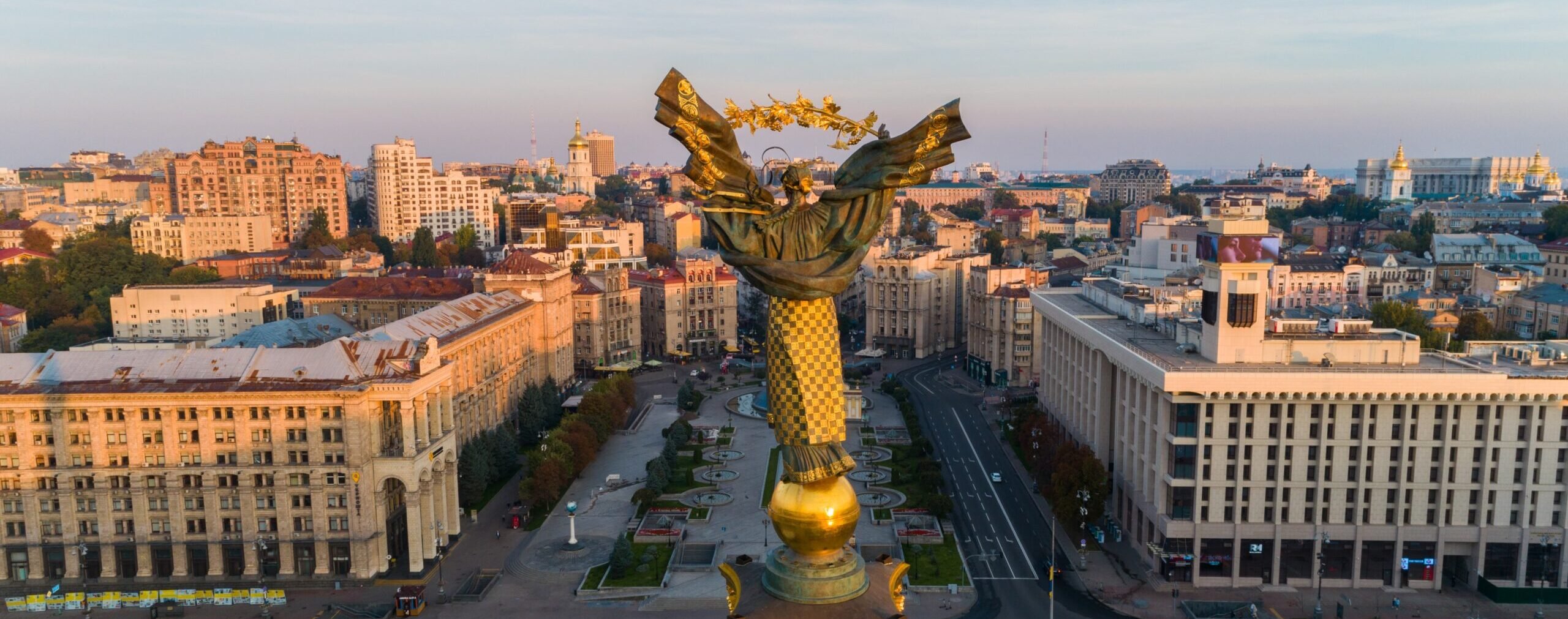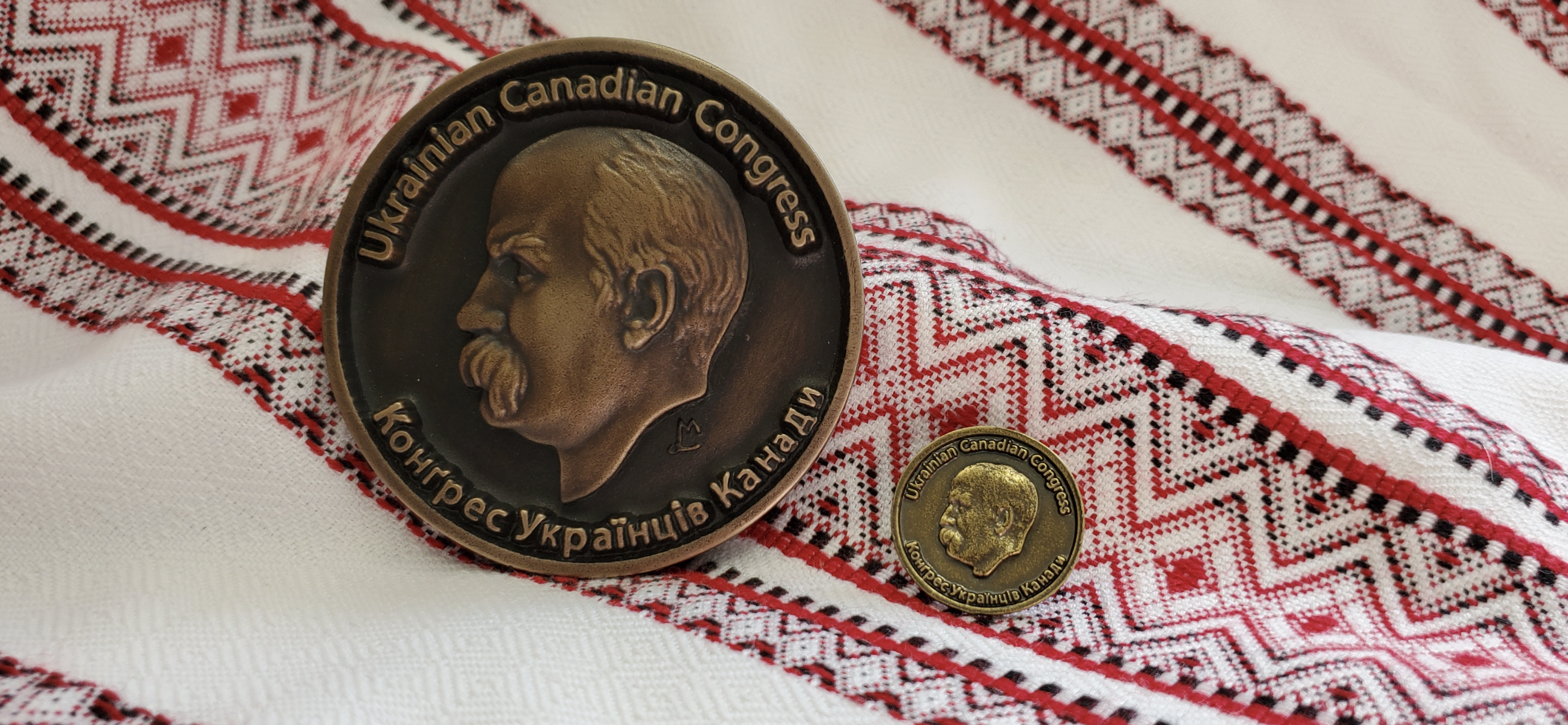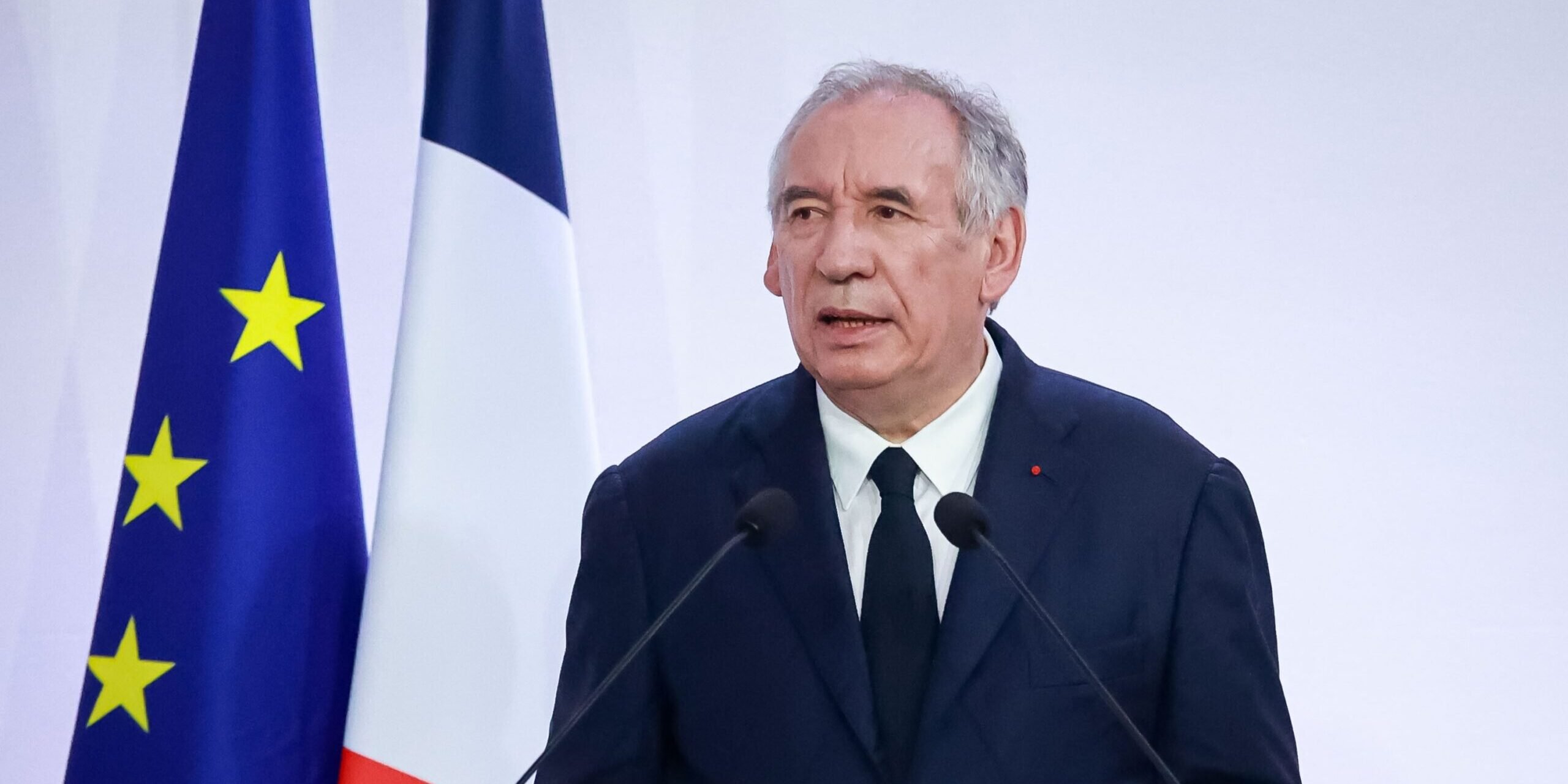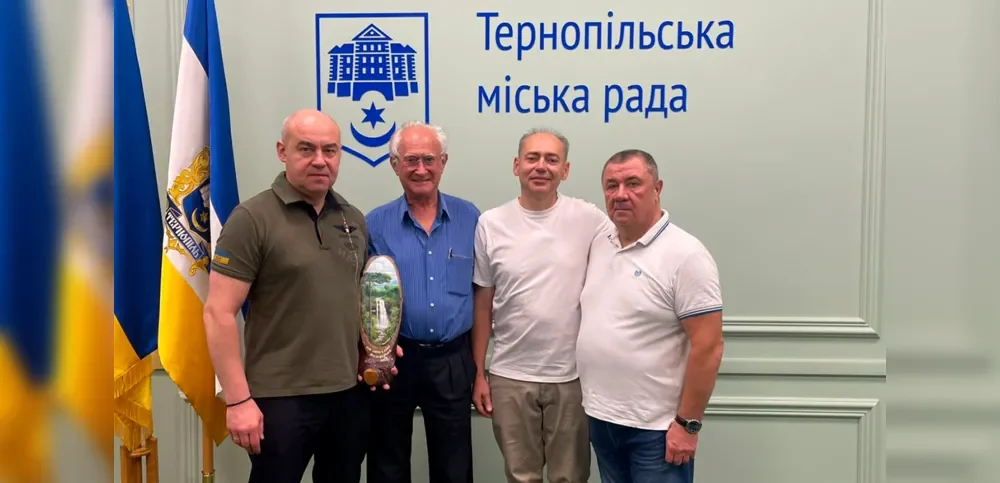
Ukraine and its partners must carefully assess the potential risks that may emerge on the threshold of a so-called peace settlement, said Timothy Garton Ash, British historian, journalist, and writer, in a conversation with Ukrainian journalist Yevhen Hlibovytskyi, as reported by Zbruch.
“We all understand that this will likely come down to a more ambiguous, fragile, prolonged ceasefire — whether short-term or longer,” Ash said.
But that kind of development carries serious danger, he said.
“On the one hand (and please tell me if I’m wrong), all the internal tensions within Ukraine—all the frustrations between different ‘Ukraines’—could erupt: the Ukraine on the front lines, the Ukraine in occupied territories, the Ukraine of internally displaced people, the Ukraine that lived more or less peacefully in Lviv, and…abroad,” Ash said.
All of those tensions, he continued, could collide and explode at once.
“I’d love to be reassured that I’m wrong—but I think there’s every reason to be concerned,” the historian said.
At the same time, outside Ukraine, there is a risk of creating a false perception that the war is coming to a quick end and peace has been reached.
“There’s a danger that everyone will decide: ‘Oh well, it’s over. The war in Ukraine is finished. Peace has been achieved.’ I’m already shocked by how often Western media talk as if peace in Ukraine is just around the corner. As if negotiations are happening — maybe in Istanbul — and maybe by next Friday we’ll have peace. Which, of course, is nonsense,” Ash said.
This kind of hopeful expectation, he stressed, is extremely dangerous.
“Even if some kind of ceasefire does eventually come, whether for 30 days or a few months, there is a very real risk of Western demobilization,” Ash said.
The historian drew parallels with the situation in Bosnia after 1995 during the Yugoslav wars.
“For three years, I attended events in Sarajevo and Tuzla — very similar to the solidarity gatherings you know from Kyiv and Lviv. Western leaders, writers, poets, politicians, and others would come and make grand statements in support of Bosnia. And then they hastily threw together the so-called Dayton peace agreement, which ended the fighting but didn’t resolve the underlying issues. And everyone essentially forgot about it. Just forgot,” he said.
Read the full interview at the link.
Cover: Shutterstock









